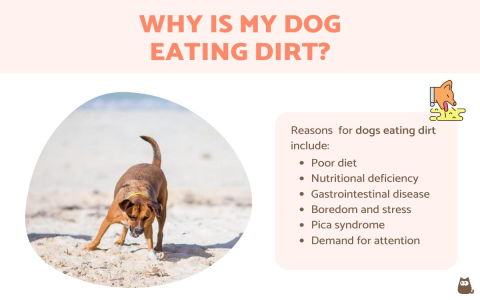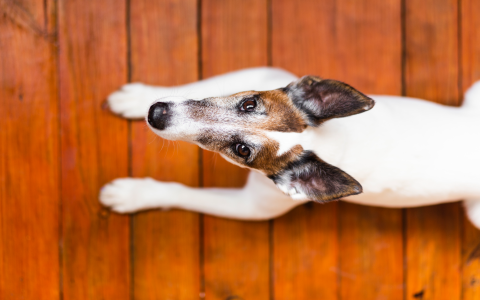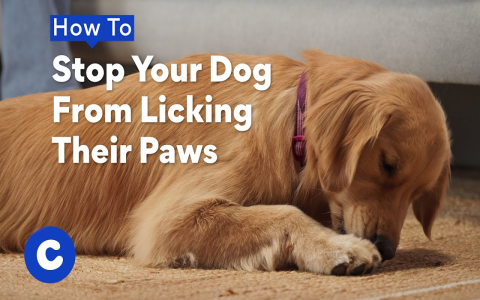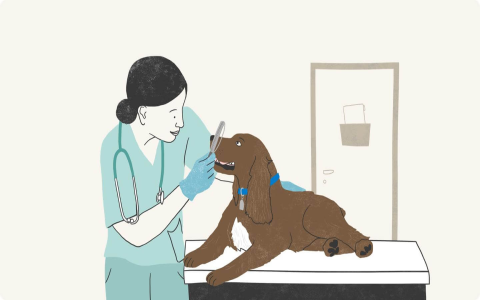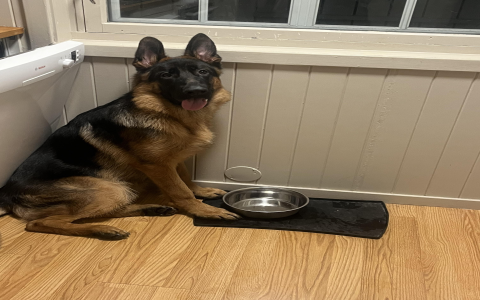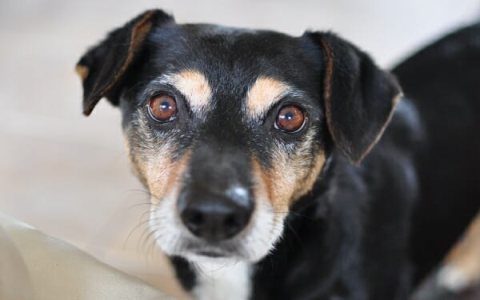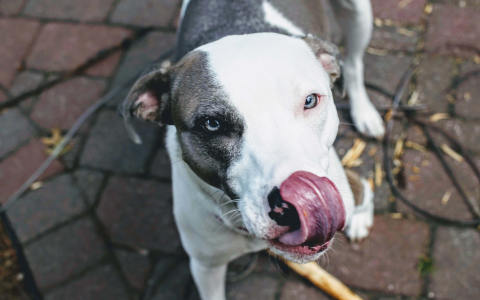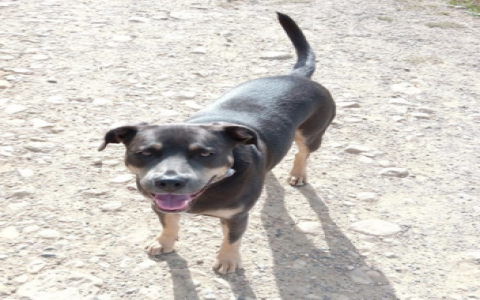Why does my puppy eat everything outside like grass and rocks? Discover the causes and effective solutions.
Alright, let's get into it. The infamous puppy phase where everything, and I mean everything, goes straight into their mouth. I went through this with my own pup, Buster, and boy, was it a journey.
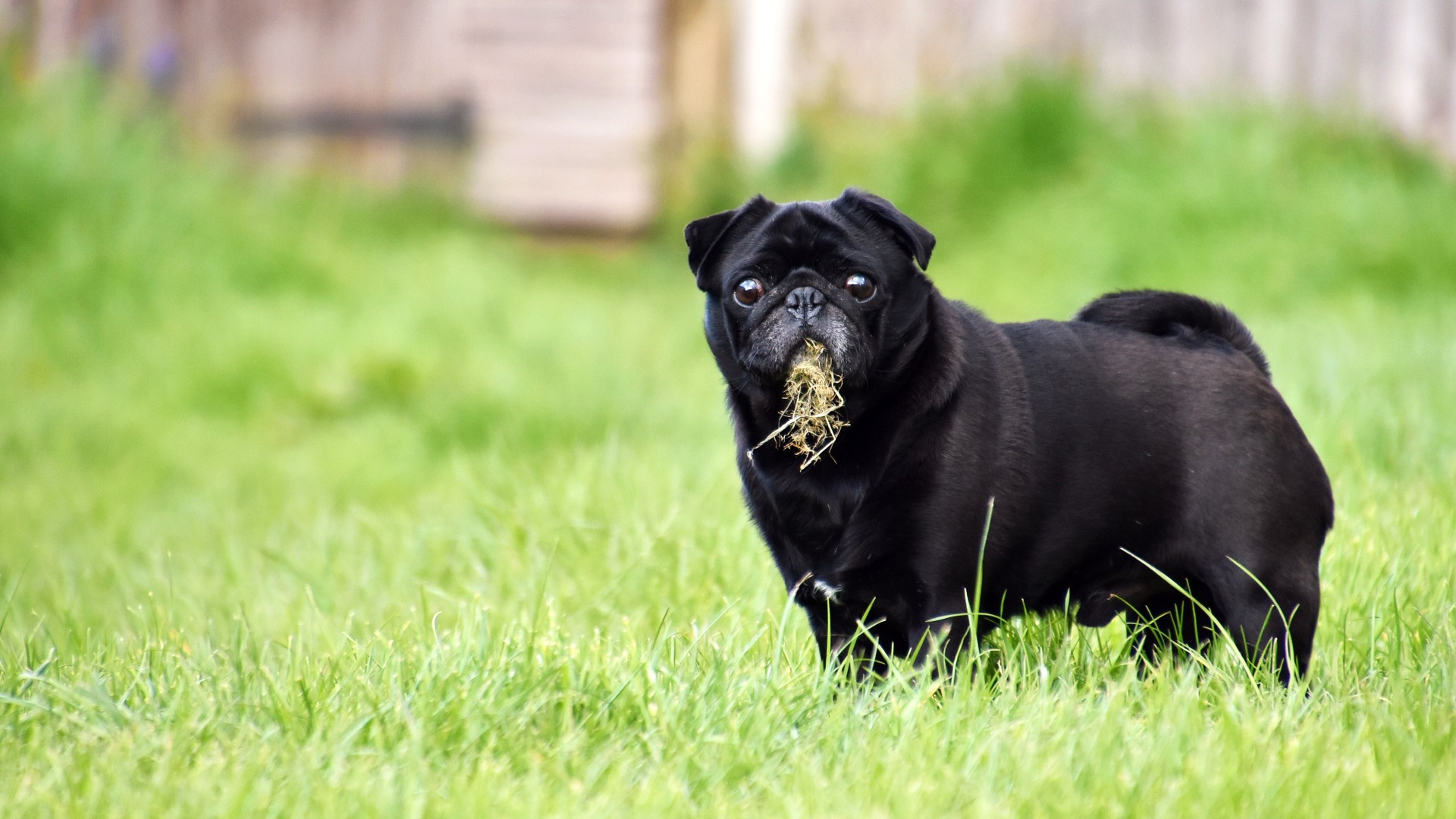
When I first brought Buster home, he was this tiny ball of fluff. Cute, right? Until I realized his mission in life was apparently to taste-test the entire world. It started small – a leaf here, a bit of fluff there. But then it escalated. We're talking pebbles from the garden, corners of the rug, socks (oh, the socks!), and basically anything he could find on our walks.
My First Steps: Observation and Management
Okay, so panic doesn't help. First thing I did was just watch him. Like a hawk. I needed to figure out when and what he was going for most. Was it boredom? Curiosity? Was he hungry?
Then came the puppy-proofing, round two (because round one clearly wasn't enough). I had to:
- Get down on the floor, at his level, and scan for hazards. Loose wires, small objects, anything chewable within reach.
- Put shoes, remote controls, books, everything tempting, way up high or behind closed doors. Seriously, my house looked bare for a while.
- Secure the trash cans. Lids weren't enough; I had to get ones he couldn't possibly knock over or open.
- Supervise walks like crazy. Leash always in hand, eyes peeled on the ground ahead of him.
Introducing Alternatives and Training
Just taking stuff away wasn't the whole solution. He clearly had a need to chew and explore with his mouth. So, I flooded his environment with acceptable things to chew on. Different textures, different shapes – rubber toys, rope toys, harder nylon bones. The trick was making these more interesting than the forbidden stuff.
Then came the training part. The magic words: "Leave it." This wasn't an overnight fix, let me tell you.
I started simple, indoors. I'd put a low-value treat or a boring object on the floor. As Buster went towards it, I'd say "Leave it" firmly but calmly. The second he paused or looked away, even for a split second, BAM – lots of praise and a high-value treat from my hand (something way better than what was on the floor). We practiced this over and over. Short sessions, multiple times a day.
It took time. Sometimes he'd snatch the item anyway. I didn't scold, just calmly took it away if possible, and reset. Consistency was the absolute key. I had to practice it everywhere – in the house, in the yard, on walks. Every time he successfully ignored something gross on the sidewalk after I said "Leave it," I made a huge fuss and rewarded him.
Checking In: Health and Nutrition
I also had a chat with my vet, just to be safe. Wanted to rule out any nutritional deficiencies or pica (a condition where dogs compulsively eat non-food items). Thankfully, Buster got a clean bill of health. The vet confirmed it was likely a combination of puppy curiosity, teething, and needing more mental stimulation.
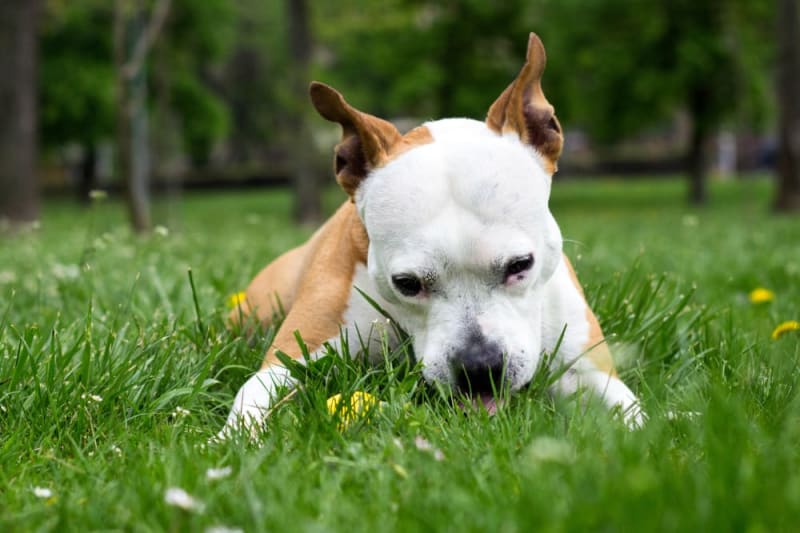
Where We Are Now
So, did it stop completely? Mostly, yes. Buster is much older now and generally reliable. He learned "Leave it" really well. Does he never try to mouth inappropriate things? Not quite. An unattended sock can still be tempting, and sometimes on walks, he’ll sniff something questionable with a little too much interest. But now, a quick "Leave it" usually does the trick, and he looks to me for his reward instead.
It was a process. It took patience, tons of management upfront, and consistent training. There wasn't a magic wand, just daily effort. If you're going through this, hang in there. Manage the environment, provide alternatives, teach that "Leave it" command like it's your job, and remember to breathe. It gets better.
